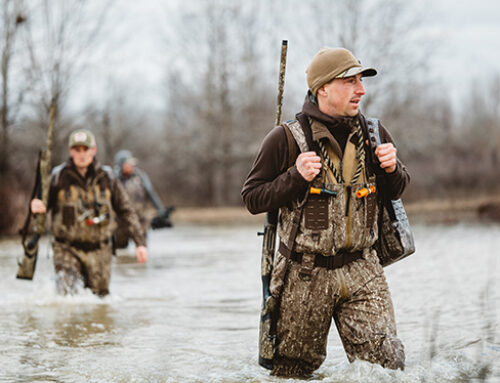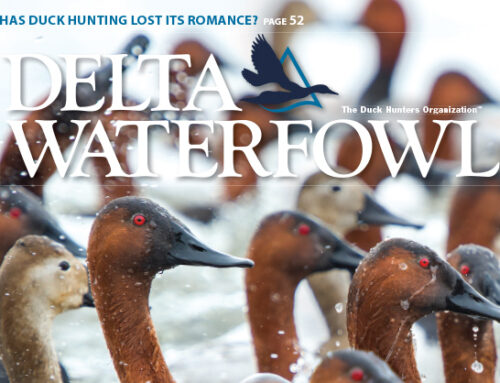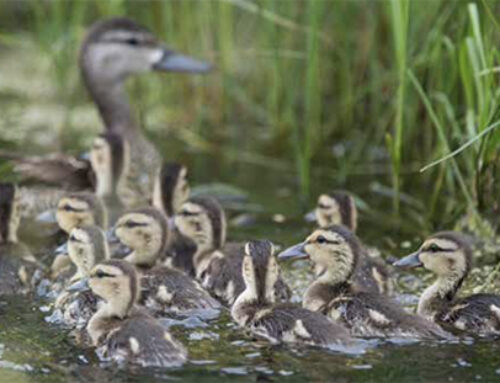Delta Waterfowl and GROW Program Work to Protect Critical Wetlands in Manitoba

Launched in 2020 with the help of Delta Waterfowl, Growing Outcomes in Watersheds has not only been a revolutionary program benefitting the Canadian province of Manitoba, but duck hunters across North America.
Thanks to a $204 million investment, GROW supports the delivery of ecological goods and services in the province, distributing roughly $7 million of trust funds annually across 14 watershed districts. Through a key component of GROW—the Shallow Wetland Incentive Program—$2.5 million in trust fund dollars are put to work protecting vulnerable ephemeral and temporary wetlands embedded in cropland. These shallow wetlands act as pair ponds at the onset of the breeding season and drive carrying capacity for ducks as they settle on the prairies each spring.
By collaborating with local farmers and signing them to voluntary 10-year agreements with annual payment through SWIP, the program secures vital wetlands that may otherwise be drained. This new and significant market signal based on land rental rates permits continuation of farming activities, so long as the wetlands are not drained.
“Watershed districts have staffed up significantly thanks to GROW to achieve robust programming for SWIP and other projects,” said Jim Fisher, vice president of Canadian policy for Delta Waterfowl. “In establishing SWIP, our goal was to conserve 90% of the shallow wetlands of Manitoba. This helps ensure ducks returning to the breeding grounds each spring have a robust and abundant wetland base.”
While this conservation tool is just one of many in the toolbox, SWIP’s farmer-friendly approach complements other initiatives—such as easements—that continue to help protect critical waters on the prairie pothole region’s landscape, setting the table for future duck production and helping to put more ducks over your decoys each year.
For more information, visit deltawaterfowl.org/habitat-conservation.—Michael Kordek






Leave A Comment